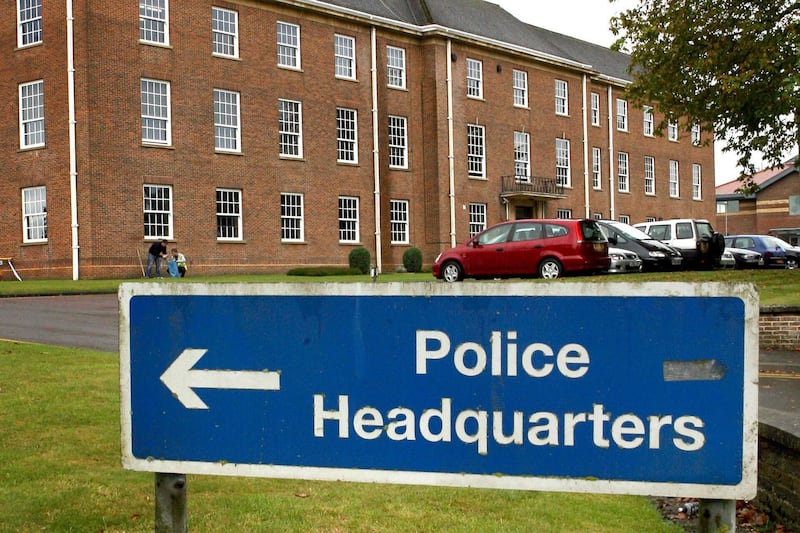A BESPOKE version of `Clare's Law' - a landmark scheme which allows women and men to discover if their partner has a history of violence - is to be brought into Northern Ireland.
The Department of Justice have announced the introduction of the Domestic Violence and Abuse Disclosure Scheme (DVADS) - four years after its introduction in England and Wales where it has been credited with saving thousands of lives.
Department of Justice permanent secretary Nick Perry said the scheme is "aimed at helping to keep people safe".
"Violence or abuse in the home, in whatever form it takes, is wrong. It should never be tolerated; it should never be ignored; and it should never, ever be something a person should have to deal with alone," he said.
"The DVADS will empower men and women to take informed decisions about an existing relationship.
"It will help prevent abuse and violence in the home by providing a safe and confidential channel offering support and guidance. Ultimately, this scheme will help to create a safe community where we respect the law and each other.
"I would encourage anyone to look for the signs of domestic violence and abuse, and to apply to the scheme if they are worried about the abusive history of their partner, or someone else's."
An advertisement highlighting the new law

It is colloquially named after 36-year-old Clare Wood who was murdered by her ex-boyfriend, George Appleton, in February 2009.
Like "Sarah's Law", which allows parents controlled access to the Sex Offenders Register following the 2000 murder of eight-year-old Sarah Payne by a known paedophile, `Clare's Law' followed a family campaign after Ms Woods father discovered that his daughter had been lied to by Appleton about his past.
Her killer told Clare that he had only been in prison for driving offences, when in fact he had a shocking record of violence against women, including repeated harassment, threats, stalking and aggravated burglary.
Appleton had kidnapped one former girlfriend at knifepoint.
Ms Woods, a mother-of-one, had been subjected to months of harassment and assaults before being strangled by Appleton near her home in Salford.
DVADS involves two channels through which information can be accessed - the right to ask and the power to tell.
The `right to ask' allows a potential victim to make a direct application to police for information.
A third party, such as a member of the victim's family or a concerned friend can also apply for the information on the partner via an online application on the PSNI and nidirect website.
Any disclosure will usually be made to the victim in a case or `the person best placed to protect them such as a social worker'.
It should take around 45 days from the time an application is submitted, until a disclosure is made, although where police identify an immediate risk of harm to the potential victim, they will take steps to give information "as soon as possible".
The `power to tell' is triggered by police when indirect information has been received about a person's safety, such as through a police investigation.
The time frame for this is typically around 42 days, or less in the case of an immediate risk.
DVADS applications can be made at www.psni.police.uk and nidirect.gov.uk/see-the-signs
Read more:Analysis - Lives will be saved by the landmark introduction of `Clare's Law'






